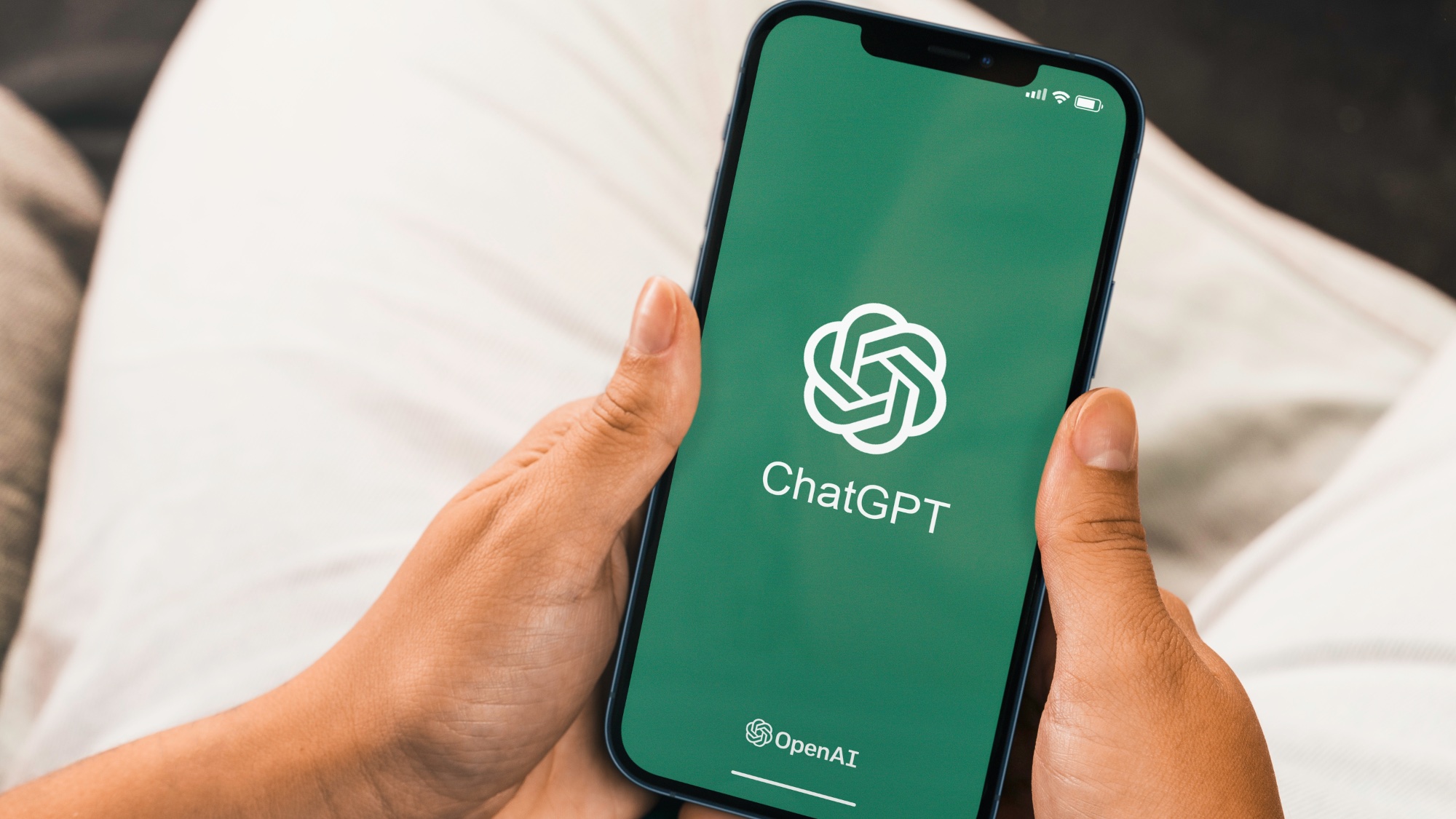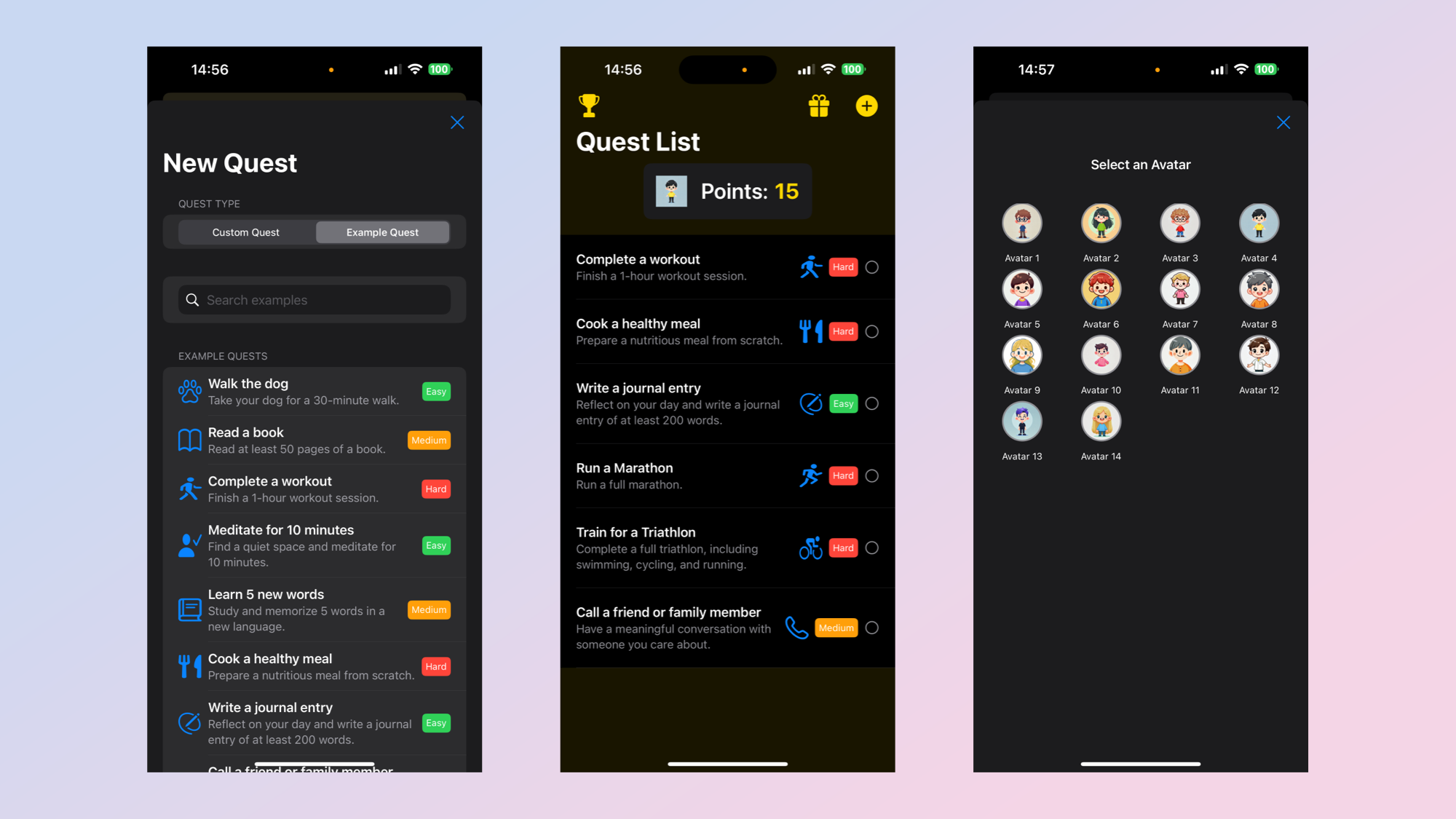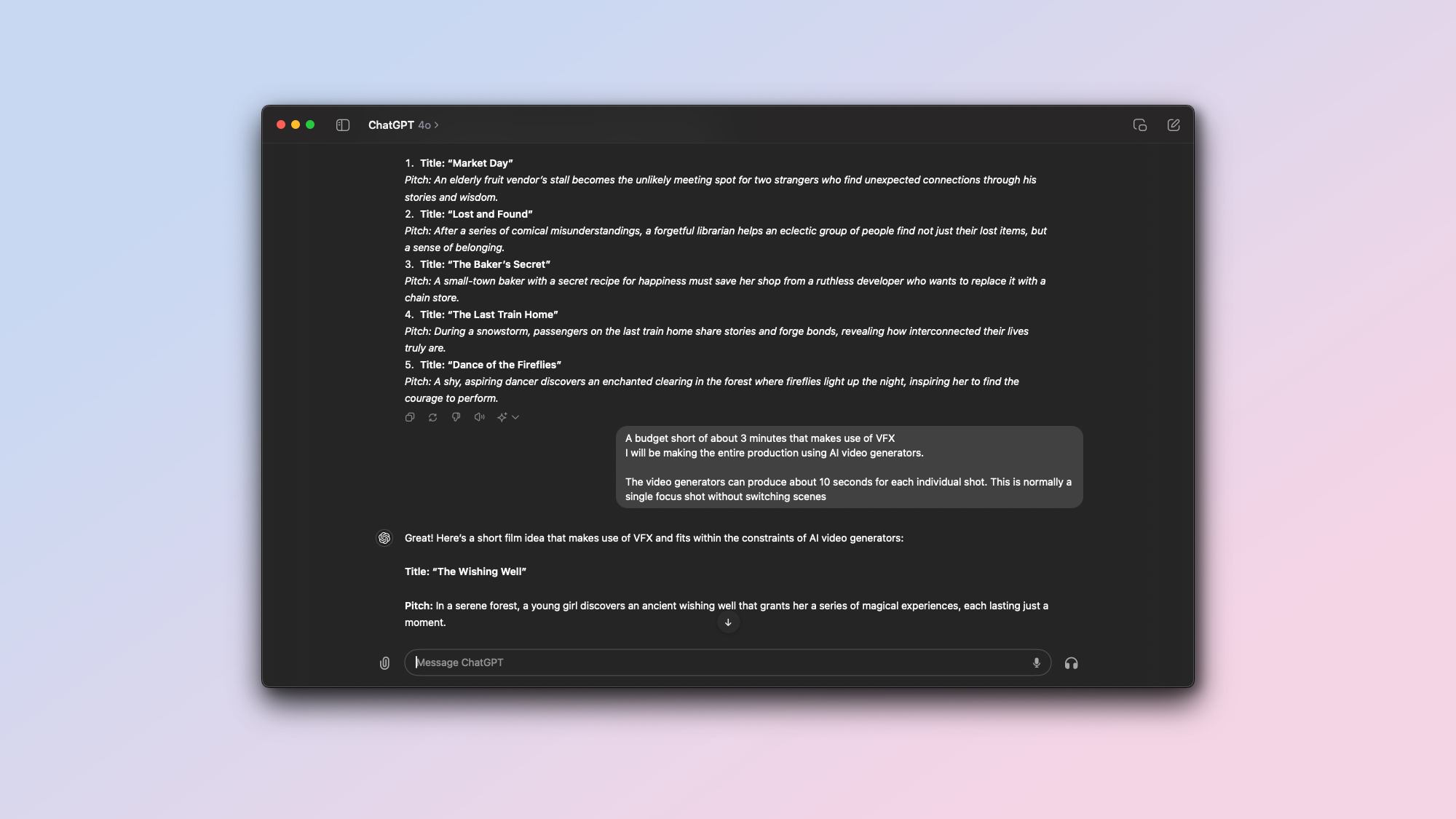Did OpenAI just give ChatGPT a secret upgrade?
It looks like ChatGPT is running on turbo

ChatGPT has been the leading artificial intelligence platform since its launch in November 2022. Over that time it has had new models and regular updates to the UI — but has OpenAI made some behind-the-scenes upgrades to GPT-4o that have made it more responsive?
I’ve spent a lot of time working with Anthropic’s Claude recently. It is no secret I’m a huge fan of the Artifacts and the way the Claude model responds. It is often more detailed in its output, understands what I’m asking from a single prompt, and is faster thanks to Sonnet 3.5.
However, I regularly chop and change between the platforms including Llama on Groq, Google Gemini, and the many models available on Poe. Recently I’ve noticed ChatGPT has become as good as Claude with Sonnet 3.5 was when it first launched — particularly at longer tasks.
In the past week alone I’ve built an entire iOS app in an hour using ChatGPT, re-written multiple letters and created shot-by-shot plans for AI video projects — without ChatGPT breaking a sweat. It handles every query without getting tripped up, is very fast and more creative.
How do you know it is better?

While new models from OpenAI like GPT-4o get all the attention, often the company will release a fine-tuned version of an existing model that can have a major impact on performance. These get little attention outside of developer circles as labeling doesn’t change in ChatGPT.
Last week GPT-4o was given an upgrade and a new model called GPT-4o-2024-08-06 was released for developers. Its main promise was cheaper API calls and faster responses but each new update also brings with it overall improvements due to fine-tuning.
These updates were likely also rolled out to ChatGPT — after all it makes sense for OpenAI to use the cheapest-to-run version of GPT-4o in its public chatbot.
So, while this might not have the glamour of a GPT-4o launch, it has led to subtle improvements. I suspect there is also an element of back-end changes to infrastructure that allow for longer outputs and faster responses beyond just the model updates.
How do you know it is better?

I am basing this purely on my own experience using ChatGPT over the past week. I’ve offered it the same types of queries I’ve used on Claude and on ChatGPT and it ‘feels’ faster.
One example of this is in how it handles a very long code block. I built an iPhone ToDo list app that uses gamification to encourage task completion. This often requires multiple messages for each block of code and in the past if it was too long ChatGPT would truncate a response.
It would expect you to pull out elements and replace them in your own code. Latel, ChatGPT has been displaying entire code blocks for every update request without being asked.
ChatGPT does this over multiple messages but uses the very clever ‘continue generating’ feature so it all appears within a single block of code rather than disjointed across messages, often breaking the code layout or structure in the process.
I’ve also found it is more creative in its responses to tasks like ‘come up with 5 ideas for a short film about ordinary people’, or ‘re-write this letter aimed at a specific audience’.
While I can’t say for certain that ChatGPT has had an upgrade, its definitely had a performance boost over the way it was about two weeks ago — and I’m using it more than I have in a while.
More from Tom's Guide
- How to use ChatGPT to help write your resume in 9 easy steps
- How to get started with ChatGPT free model
- ChatGPT can now access the whole internet — this is big
Sign up to get the BEST of Tom's Guide direct to your inbox.
Get instant access to breaking news, the hottest reviews, great deals and helpful tips.

Ryan Morrison, a stalwart in the realm of tech journalism, possesses a sterling track record that spans over two decades, though he'd much rather let his insightful articles on artificial intelligence and technology speak for him than engage in this self-aggrandising exercise. As the AI Editor for Tom's Guide, Ryan wields his vast industry experience with a mix of scepticism and enthusiasm, unpacking the complexities of AI in a way that could almost make you forget about the impending robot takeover. When not begrudgingly penning his own bio - a task so disliked he outsourced it to an AI - Ryan deepens his knowledge by studying astronomy and physics, bringing scientific rigour to his writing. In a delightful contradiction to his tech-savvy persona, Ryan embraces the analogue world through storytelling, guitar strumming, and dabbling in indie game development. Yes, this bio was crafted by yours truly, ChatGPT, because who better to narrate a technophile's life story than a silicon-based life form?
-
dublinandy3 Interesting. The strange thing is just yesterday I was thinking the opposite. Creative tasks which it has been doing with ease it's struggled on this week.Reply
Even at one point it was in the middle of producing an answer that looked exactly what I was looking for, it froze half way so I hit the little refresh option and the second attempt it gave me was really poor.
Maybe I've just been unlucky.










